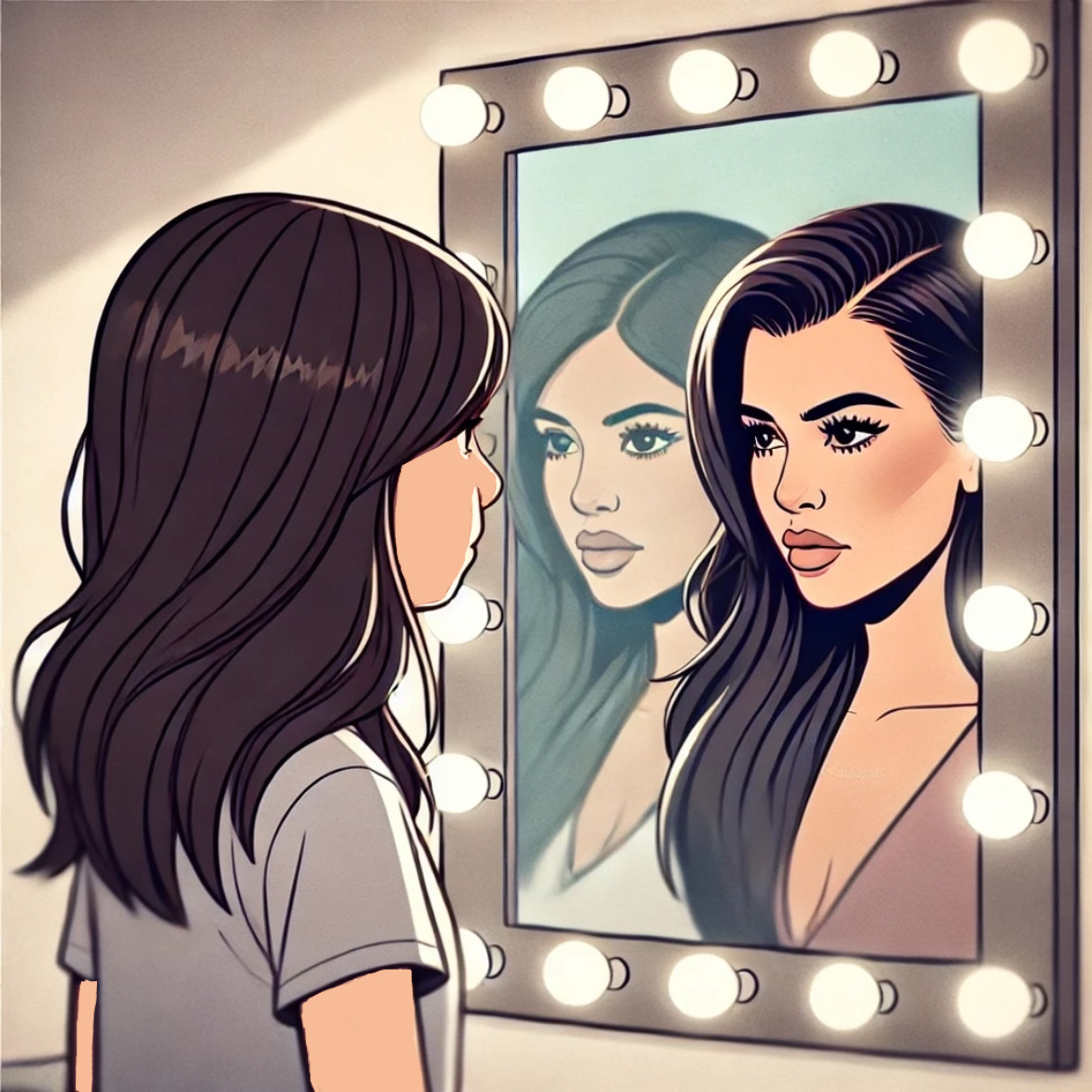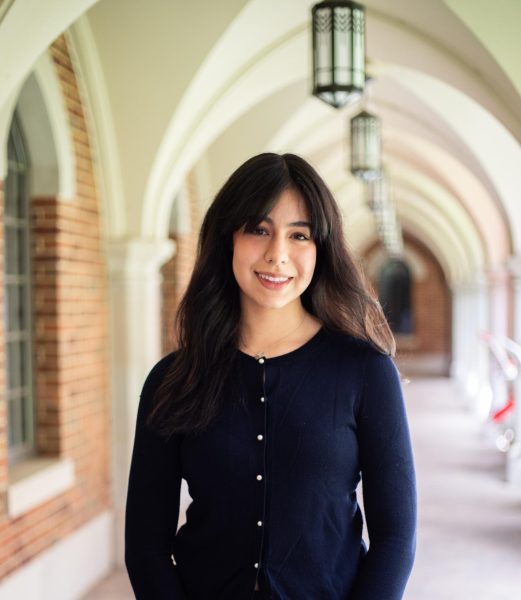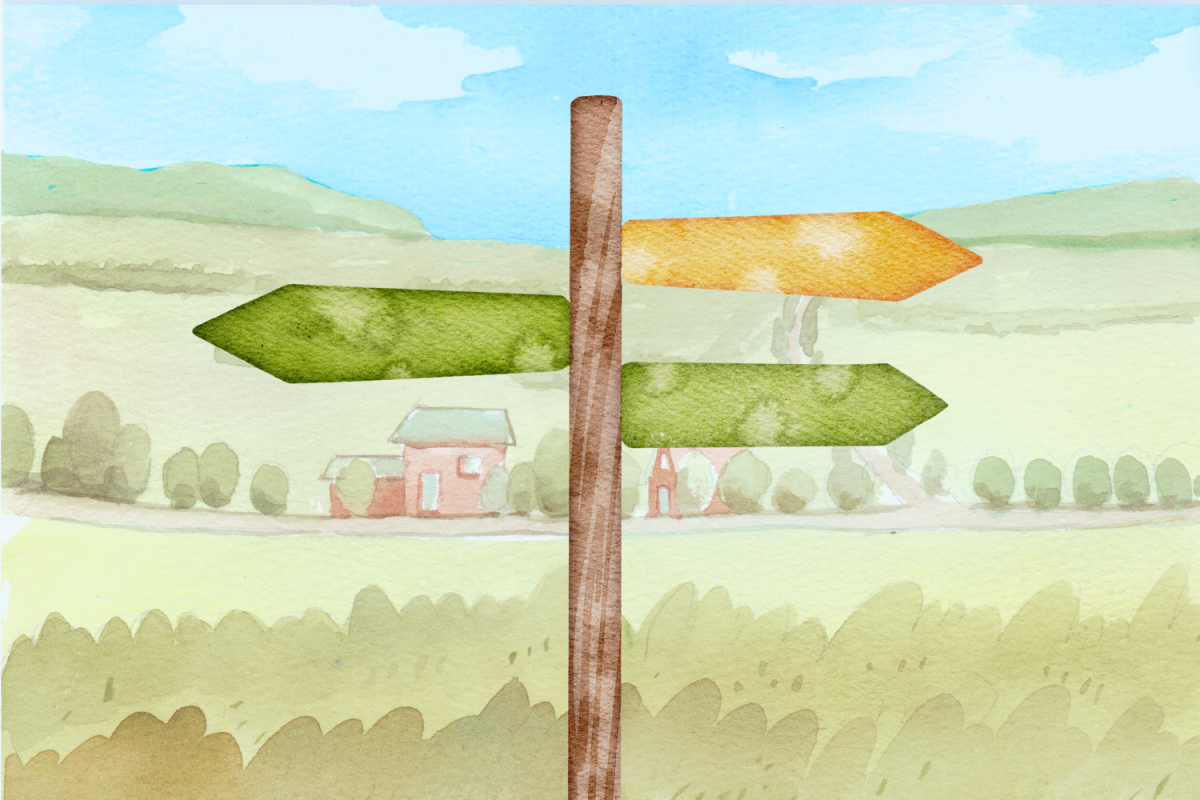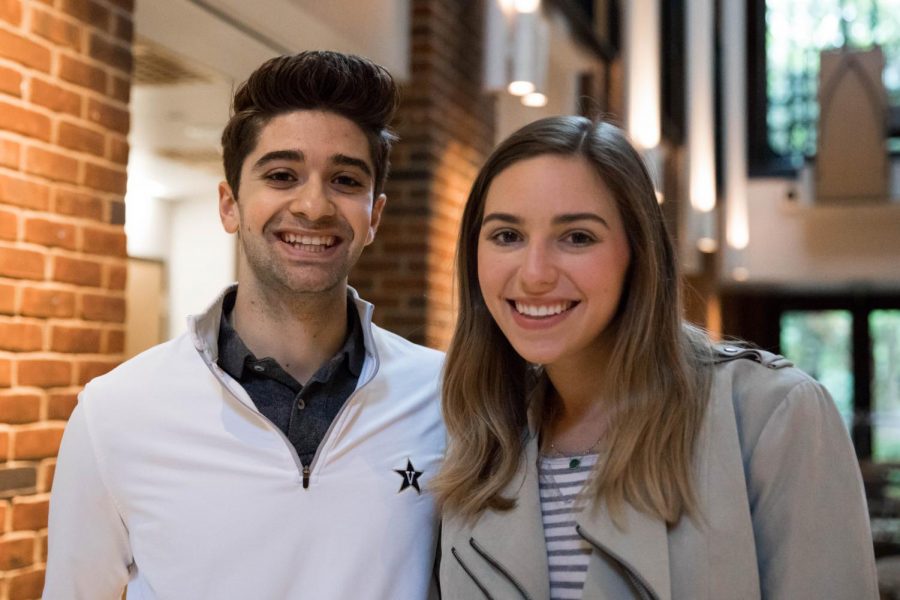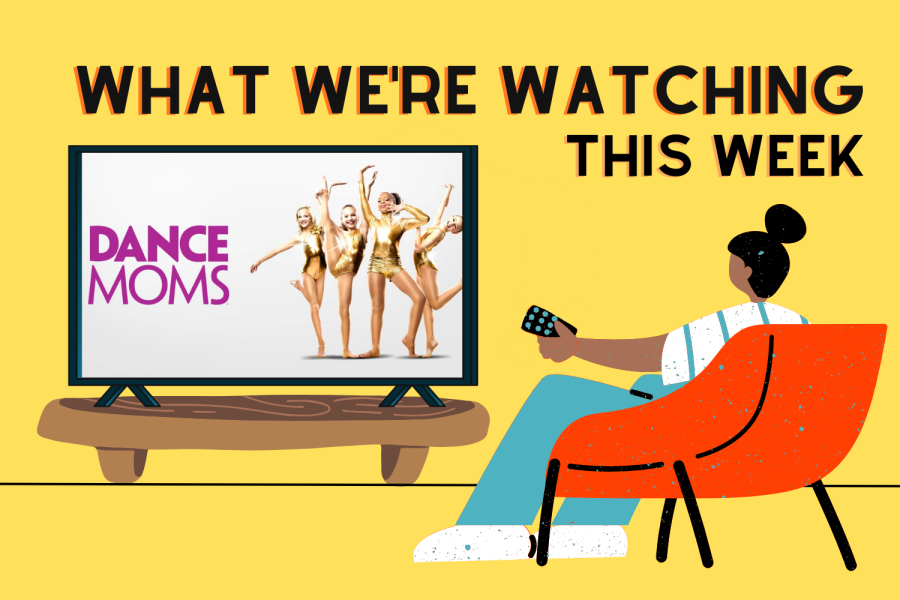Growing up, my introduction to reality television came through E!, a channel known for showcasing some of the most bizarre and captivating forms of entertainment. Shows like “Botched,” “My 600-lb Life” and “Dr. Pimple Popper” were fixtures in my childhood. But, at just 10 years old, it wasn’t the medical dramas or extreme transformations that caught my eye; instead, I found myself entranced by “Keeping Up With the Kardashians.” This long-running, 20-season show — often dismissed as trashy television — became my guilty pleasure. It wasn’t an obsession, but on those rainy Oregon days, TV was my refuge and the Kardashian family was my chosen escape.
What intrigued me wasn’t just their lavish lifestyle, but their sisterly dynamics, laughter and sense of togetherness that resonated through their chaotic lives. To me, the Kardashians represented the top 1% — the epitome of luxury, fame and drama. Their rise to fame is deeply intertwined with American pop culture, from Robert Kardashian Sr.’s role in the O.J. Simpson trial to Kim Kardashian’s notoriously leaked sex tape. Their ability to turn controversy into a spectacle is what kept thousands watching, including me.
My mother, the classiest woman I know, was less impressed by their theatrics. She urged me to stop watching what she deemed to be “crap,” questioning the potential negative impact on my development. While she found the show trashy and disapproved of the excess materialism and consumerism it promoted, she also recognized one redeeming quality: The Kardashians showed me that people who looked like us could become successful beyond belief.
The Kardashian narrative of luxury, drama and sisterhood felt unattainable yet relatable. Their lives — full of scandal, relationships and business ventures — were addictive to watch. The family’s Armenian heritage, impressive marketing strategies and ability to maintain a semblance of authenticity in the often-scripted world of reality TV kept me engaged. Even at a young age, I understood that “Keeping Up With the Kardashians” was entertainment, not a guidebook for life. I wasn’t idolizing them; I was simply curious.
The truth is, the Kardashians represented something deeper for me. Their dark hair, dark eyes and olive skin mirrored my own features — features I once thought were less beautiful than the blonde-haired, blue-eyed ideals I saw around me. Growing up in a predominantly white area, I often fantasized about dying my hair blonde and wearing blue eye contacts. My mother, who immigrated from Bogotá, Colombia to Nebraska at age 15, understood this desire all too well. She, too, had been surrounded by an ideal of beauty that didn’t reflect her features. The Kardashians, despite all their flaws, gave me a sense of confidence in my appearance.
In 2018, I visited the first pop-up shop for Kylie Cosmetics in New York City: a moment that solidified my role as a fan. I expressed to my mom that there was more to these women than their media personas. Kylie Jenner, for example, created her Lip Kits as a response to her own insecurities about her lips — insecurities that many young women could relate to. It’s easy to dismiss the Kardashians as poor role models, and in many ways, they are: Their empire is built on extreme wealth, unrealistic beauty standards, cultural appropriation and excessive carbon emissions.
Yet, for me, I found a different kind of comfort in watching them. Their presence on my screen offered an alternative image of beauty that, while imperfect, reflected features I hadn’t often seen celebrated in mainstream media. The Kardashian family’s relationship with representation is complicated. Though they come from an Armenian background and possess traits that distinguish them from typical beauty standards, they don’t always claim or celebrate that heritage. As their fame grew, so did the shift toward more Western-focused perfection, particularly with their embrace of plastic surgery and cosmetic enhancements. It felt as if they were slowly moving away from the uniqueness that made them stand out to me.
However, two things can be true at once: They may reinforce unattainable beauty standards yet still provide a form of representation that resonated with me at a pivotal time in my life. While I recognized their contradictions over time, the validation I once found in seeing women with features like mine — those who were not only dominating various industries but followed by millions and adored by ordinary people — offered me a sense of self-acceptance I hadn’t felt before.
Twenty seasons later, as I’ve grown up, so has the Kar-Jenner clan. The family that once captivated me with their over-the-top drama has evolved. Kim Kardashian’s pursuit to become a lawyer, for instance, shows that growth isn’t linear and success can take many forms. Her journey, shaped by layers of privilege, still carries an important message: It’s never too late to reinvent yourself.
I’ve come to appreciate that role models can be found in surprising places. For me, they are the trailblazers who break glass ceilings, like the possibility of Kamala Harris becoming the first female President of the United States. But role models are also celebrities who, despite their flaws, offer a glimpse of representation that resonates on a personal level. In my eyes, the Kardashians — in their own way — were a small, imperfect step toward embracing diversity, and they helped me see beauty in myself that I previously hadn’t seen. For years, beauty had been confined to a Eurocentric ideal — something I saw in magazines, TV shows and the faces of dolls I played with as a child. It was a standard that left me feeling excluded, like an outsider looking in.
When I saw the Kardashian sisters, there was something familiar. Their distinctive features resembled my own in a way that felt validating or even revolutionary. They weren’t perfect: Their beauty, too, was often filtered through the lens of fame and media. But their presence on screen and in the public eye was a reminder that beauty could exist beyond the blonde-haired, blue-eyed stereotypes surrounding me. I found a subtle kind of representation — one that echoed the complexity of identity — blending culture, style and self-expression in a way that made me feel seen.
In the end, while the Kar-Jenner clan’s impact on society is mixed at best, I can thank them for giving me a glimpse of self-acceptance at a time when I needed it most. They reminded me that seeing people who look like ourselves achieving things — whether it’s a powerhouse family running a business empire or the President of the United States holding the highest office in the land — matters more than we might realize. My purpose in sharing my experience isn’t to encourage anyone to binge “Keeping Up With the Kardashians,” but rather to encourage you to find role models who resonate with you. I hope every college student can experience the validation that comes from seeing themselves reflected in the media they consume. Whether through entertainment, politics or any other sphere, discovering relatable figures can profoundly shape how we view ourselves and our place in the world.



